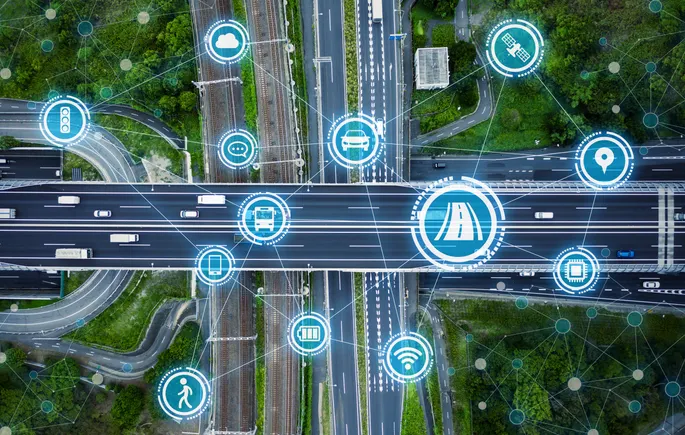Key Takeaways
- Congresswomen Yvette Clarke and Suzan DelBene reintroduced the Smart Cities and Communities Act to enhance access to smart city technologies.
- This version of the bill, unchanged from 2024, proposes $1.1 billion over five years for smart city initiatives.
- The bill emphasizes the importance of AI in fostering smart cities, though concerns about its environmental impact persist.
Legislation Overview
Congresswomen Yvette Clarke (D-N.Y.) and Suzan DelBene (D-Wash.) have reintroduced the Smart Cities and Communities Act, aimed at improving local governments’ access to smart city technologies. The legislation establishes an Interagency Council on Smart Cities for better federal coordination and offers grant opportunities aimed at advancing the development and functionality of smart cities.
The bill seeks to create a domestic workforce focused on supporting smart city operations, enhance cybersecurity and privacy protections, and promote international collaboration and trade in smart city technologies. Clarke emphasizes the urgency of equipping communities with the necessary technologies to address climate change, stating it should be a top priority for Congress.
This introduction marks the fifth attempt to pass the Smart Cities and Communities Act, with previous efforts stalling in 2017, 2019, 2021, and 2024. However, this version remains consistent with the proposal from 2024 and allocates $1.1 billion over the next five years to empower local governments with advanced tools for connectivity and green infrastructure.
DelBene remarked on the potential benefits, highlighting how the bill could enable local governments to adopt cutting-edge tools that enhance community infrastructure. Clarke’s spokesperson emphasized the pressing need for equitable access to smart city innovations amidst a worsening climate crisis, calling for bipartisan support from Republicans, despite skepticism due to recent political tensions.
With a growing interest in artificial intelligence, the Smart Cities and Communities Act also aims to leverage AI technologies to improve the efficacy and efficiency of smart city solutions. Craig Albright from the Business Software Alliance praised the bill for incentivizing the investment in AI-driven solutions and fostering community benefits that arise from such innovations.
The bill’s introduction follows closely on the heels of the Trump administration’s anticipated A.I. Action Plan, which the White House Office of Science and Technology Policy claims will usher in a new era of American leadership in science and technology.
Despite its potential to streamline government operations, AI’s environmental impacts, including high energy and water usage, remain critical considerations. As the dialogue around smart technologies evolves, the balance between innovation and sustainability continues to be an essential focus for policymakers.
The content above is a summary. For more details, see the source article.















